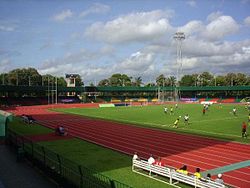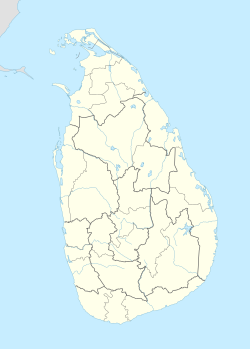Participating nations
All the seven SAFF members will compete.
| Country | Appearance | Previous best performance | FIFA ranking (3 April 2025) |
|---|---|---|---|
| 13th | Champions (2003) | 183 | |
| 9th | Semi-finals (2008) | 182 | |
| 14th | Champions (1993, 1997, 1999, 2005, 2009, 2011, 2015, 2021, 2023 ) | 127 | |
| 12th | Champions (2008, 2018) | 164 | |
| 14th | Runners-up (2021) | 175 | |
| 12th | Third-place (1997) | 198 | |
| 14th | Champions (1995) | 200 |
Squads
Each team had to register a squad with a minimum of 18 players and a maximum of 23 players, at least three of whom must be goalkeepers.


